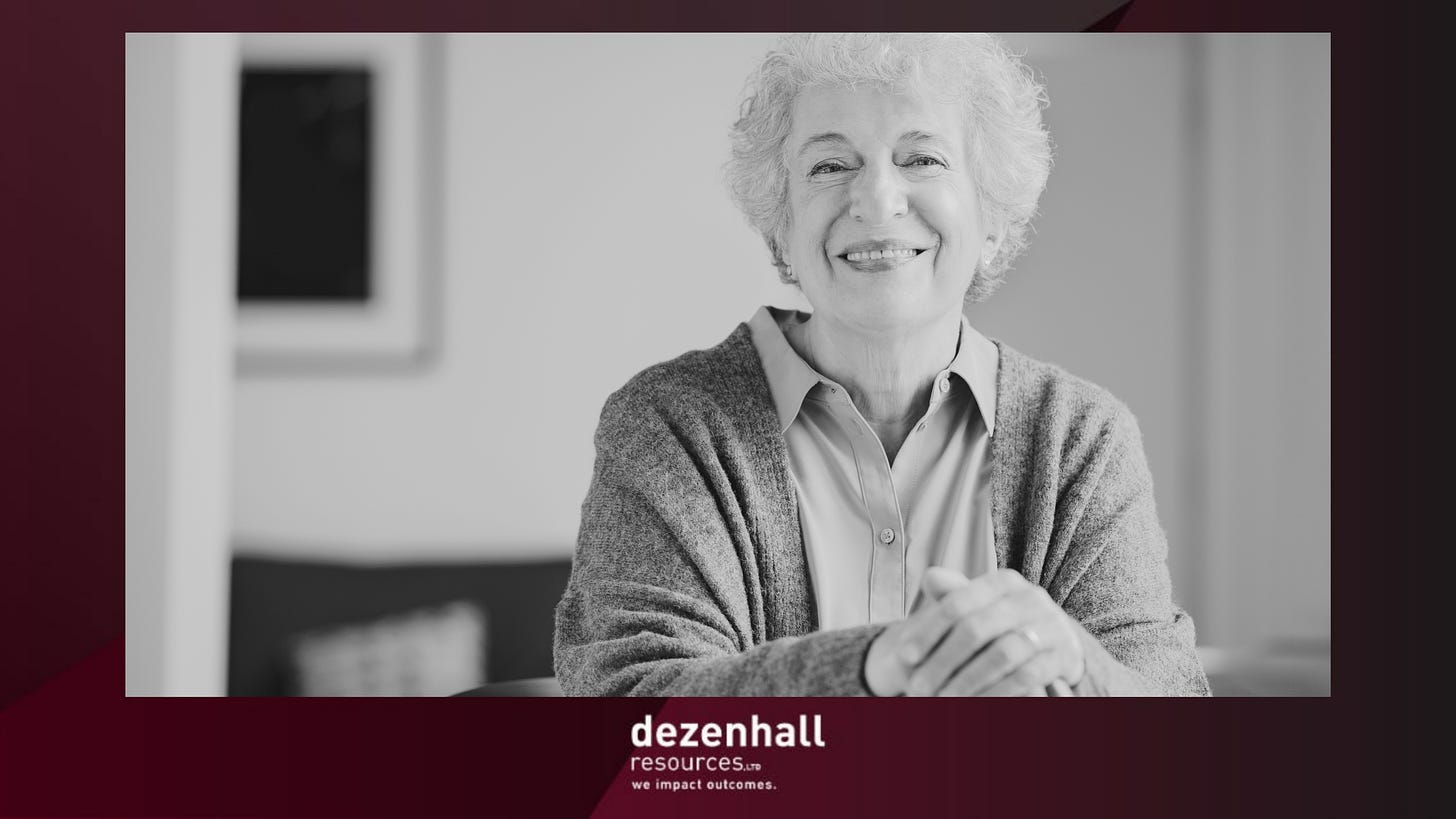Are the Accused Obligated to Blow Themselves Up?

In my life outside of crisis management, I write about crime. Crime writers are also crime readers, and my latest obsession has been the unsolved 2017 murders of Toronto billionaires Barry and Honey Sherman. Barry founded the generic drugmaker Apotex.
Setting aside the whodunit aspects, the crisis manager in me is focused on another sub-drama: What many believe the surviving Sherman family’s obligations are to the media and public (I am not involved in the case or affiliated or with the players).
The Sherman children, all grown, inherited their parents’ billions. This has understandably made them the targets of suspicion in the eyes of the public, media, and likely the police. The lead reporter on this story, Kevin Donovan of the Toronto Star, has been as thorough and even-handed as any reporter whose work I have followed in my career, and he has avoided publicly accusing, directly or indirectly, whomever he suspects.
This isn’t enough for some journalists, YouTubers, podcasters, and Redditors who are taking wild swings at purported suspects based on the latter’s facial expressions, body language, and the fact that they won’t make themselves available to the press. Every tick or brush of the hair is deemed a Machiavellian feint. This is shabby, desperate, reckless, mean-spirited, and naïve. Besides, people grieve in peculiar ways in public and private. Some people are sobbing messes while others are seemingly cold and respond to tragedy by going to the gym for a long workout. When it comes to how the human soul manages what the universe rains down upon them, nobody knows anything. If the pundits are proven right about their suspicions, it won’t be because they’ve memorized CSI. “See how she flared her left nostril? That proves she’s the killer!”
I’ve heard throughout my 40-year career, “If you had nothing to hide, you’d sit down for an interview, speak to the public…” Never confuse one’s desire to have something with a right to it. For one thing, not everybody yearns to be liked on TikTok. Some people want to be left alone, the guilty and innocent alike. I imagine this is especially true of people who have had their relatives murdered. In this climate, however, we believe anyone seeking privacy is being impudent. Journalists use the swindle of “getting your side of the story out” as an opportunity to blow somebody up once and for all.
The legal and PR processes are often at odds in crisis situations. A good attorney knows that anything a potential target says or does in both civil and criminal matters can be provocative or damaging, especially if the subject is not Bill Clinton, who could convince people he wasn’t in a room where ten thousand people saw him. If you’re as rich as the Shermans are — and I’ve had clients who are even richer — motivated adversaries are looking for any excuse to come after them. I have seen how any glimpse the public gets of a target will inflame somebody, especially a cop, pundit, reporter, or plaintiffs’ lawyer.
I have encouraged clients to speak with the press when it is in their interest to do so and when they have the skills to do it, which is one time in ten. Even if a target is not guilty of the Big Deed, they can get jammed up on something smaller, and one bad camera angle or photo of them wearing sunglasses (sunglasses = mafia) may be enough to inflame a potential juror. Defamation law (at least in the U.S.) permits the media to be very creative in how they position their subject. Sometimes the less-is-more strategy is the best of bad options.
Donovan’s superb reporting aside, it is the mission of most in the media and internet to merchandize the most emotionally resonant story, which is almost always that the rich and powerful must be brought down. And sometimes they must be, but let’s not conflate this with either being obliged to cooperate or it being in one’s self-interest to do so.
I confess that I’m privately playing the whodunit game as much as anybody following the Sherman case. I understand and embrace the “who benefits?” line of thinking of many experts. My biases are as a crisis manager who has worked with billionaires and big drug companies in the ugliest situations in the history of the discipline and as an author steeped in the world of organized crime and espionage. The fabled “international hitman” is just that — a fable — 99 percent of the time. Your average hitman is a guy down the street named Ted who watches too many movies.
Blue-chip investigative contractors wouldn’t touch it, but somebody much lower on the food chain might. Pharma companies can do bad things, but murdering competitors, while theoretically possible, is the province of Hollywood. When drug companies go after somebody, they do it in court or with the help of government bodies. They may also attempt to impeach their rival’s reputation or that of competing products. As for wealthy suspects, their playbooks often consist of diversion, blaming, stonewalling, bullying, litigation, “fogging” (confusing facts and narratives) and convenient acts of benevolence.
Many — but not all — billionaires roll over people with impunity, leaving them broke and humiliated. I’ve known a few who shamelessly stiff their vendors, a charge Barry Sherman faced. These wounds seldom heal, creating highly inspired enemies who may have bottled up their anger for a very long time. I’d be looking there, in addition to those who have so obviously benefitted. I’d tread lightly on the invisible international mastermind theory.
I only know that there is little benefit for suspects — without a slam-dunk alibi — to be doing a media road show just because somebody on YouTube thinks they should.


